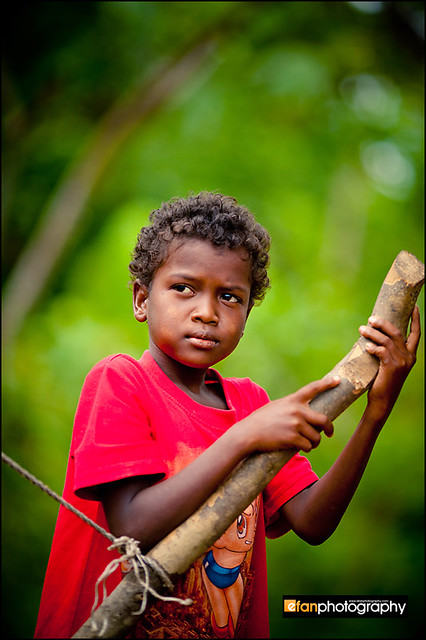Last year, the Batek village of Kuala Koh became infected with a mysterious illness that ultimately killed 15 villagers and hospitalized over 100 others. The mystery illness turned out to be measles. Over a year after the height of that epidemic, the question for today is how are the people of the village reacting to the COVID-19 pandemic, which is affecting Malaysia as well as most other places on earth?

The answer is that they are reacting to the current pandemic the same as they did to the epidemic last year: by fleeing into the forest. According to a recent news story in the Malaysia Chronicle, over 300 residents of Kuala Koh fled the village on October 5 when news of the latest spike in COVID-19 cases in Malaysia reached them.
Papan Majid, 47, was one of the villagers who spoke with the reporter. He said they moved deep into the forest out of fear of the coronavirus. Their fear is based in large part on memories of the epidemic last year. He lost two daughters last year, one day apart, from measles, and many members of his family are still grieving.
Since the pandemic reached Malaysia in mid-March, he said they have been frequently moving into the forest because the epidemic last year “keeps playing in our minds.” They only return to their village once every two weeks. He added to the reporter, “In the last seven months since the pandemic began, we have been living with unease and are worried that we are exposed to the virus.”

Pikas Langsat, 35, said that another reason his fellow villagers have moved back into the forest is that they want to have access to clean water. He added that the residents of Kuala Hoh do appreciate the pristine water and the availability of animals to hunt for their meals. He said the same thing as Papan: the community feels safer when they shelter in the forest.
Pikas concluded, “we feel protected from the pandemic when we stay in the forests and we move into other areas after two weeks.” Their most recent flight represents the 10th time the Batek of Kuala Koh have fled since the start of the pandemic in March.